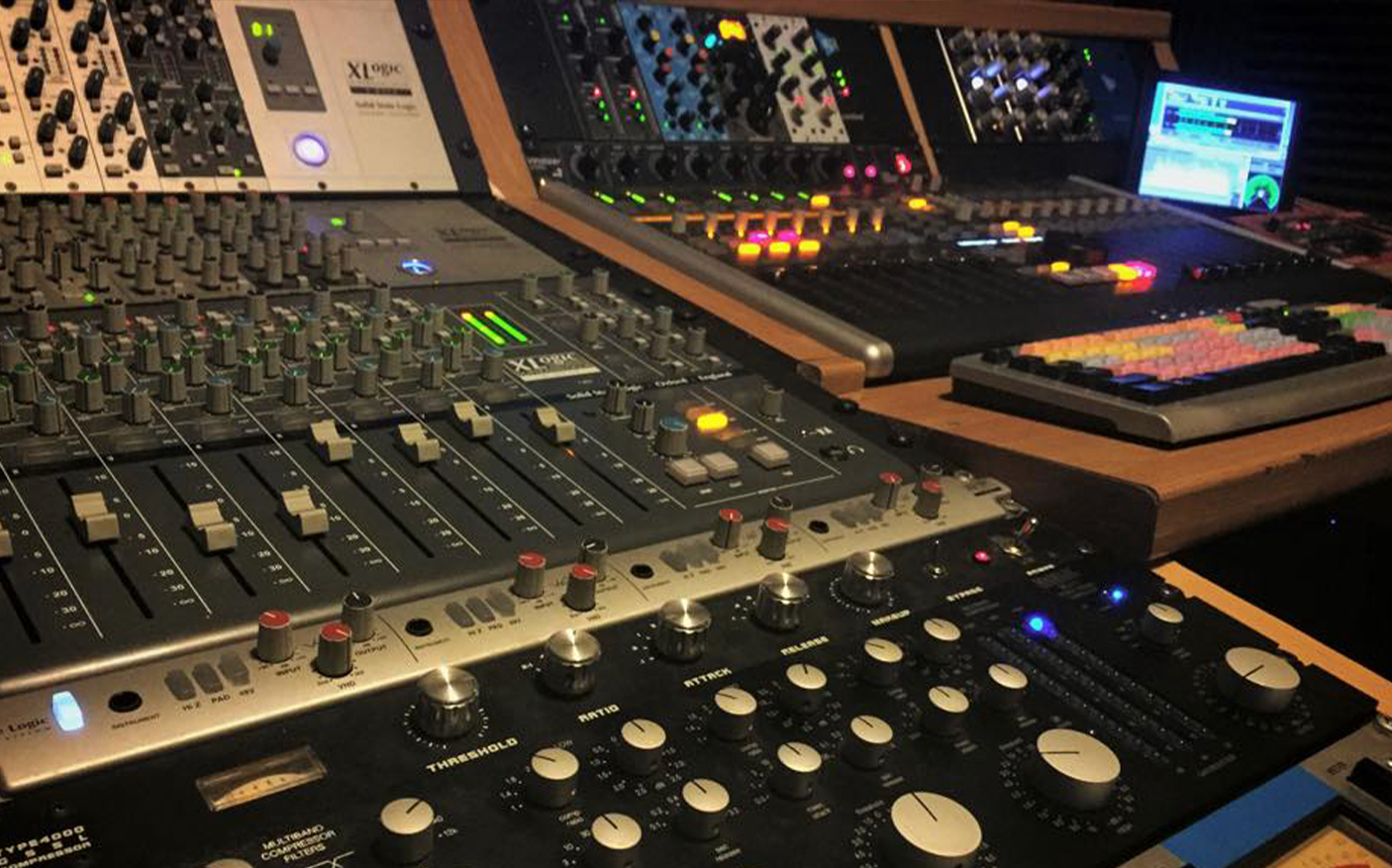1. Once your track has bounced / rendered / exported always load it back into your daw to listen to and assess the waveform. Look for any sort of spikes that may have occurred during recording. Listen for pops, clicks and distortion.
2. Always remember your master is going to be relative to the mix. Meaning if your mix isn’t correct chances are the master will reflect this. A lot can be done in the master stage to correct your mix but a good clean correct mix is key to an amazing sounding master.
3. Some aspects of your mix may be more present once the mastering engineer has enhanced your track. Certain artifacts you have left in your mix may be made more present in the master. Be sure to remove any unwanted noise or frequencies in your mix before finalising your mix ready for mastering.
4. Never mix into a limiter. Firstly it’s going to cause sound to change when you are mixing and soloing certain audio tracks in your mix. Secondly you will always be asked by a mastering engineer to bypass any limiting or processing that is over the master bus. The main reasons for this are that the mastering engineer requires a full dynamic range to work with and also specific chains must be set up. For instance Eq’s and compressors must be in the correct position in the chain.
5. Give the mastering engineer as much info as possible as to how you require your track. The mastering engineer will always master your track correctly to commercial release level, but if for instance you have a specific sound you are after always let the engineer know.
6. Bounce your track to the highest quality possible. 24bit 44,100khz is perfect. The better the quality of audio summing out to the master bus the better quality the master will be.
7. Do not rush your mix. Take your time to reference it on various monitors in order to make sure it is to the best of it’s ability before sending to mastering.
8. Leave plenty of time to receive your track back. If your release is due to go out for distribution in a weeks time aim to receive the master back a good few days before. Only once you have received the track back mastered you may realise you haven’t included a channel of audio or that you have made an error in the mix. Make sure you have plenty of time to resend the file and get the master corrected to the correct mix. We generally turn our masters around within 4 days for standard mastering and same day for premium mastering. If you have a deadline be sure to let us know in your order.
9. If you are unsure about anything contact us at info@audioanimals.co.uk and ask. You may need your track accessed prior to mastering and advised on any changes that would benefit the master.
10. Lastly choose your mastering package correctly. We offer 3 types of mastering service all ranging in quality and price.
Digital mastering is priced at £30 which includes the mastering of your track using digital plugins. This process will achieve a good sounding master but will lack the analogue fullness and sound quality offered in analogue mastering.
Analogue mastering is priced at £30 which includes the mastering of your track using analogue hardware. This process will achieve incredibly high quality results, setting the release apart from others in its genre. The use of such compressors as the Maselec MLA 3, Maselec MPL2, Shadow Hills Dual Vandergraph, SSL G Series and Elysia Xpressor add control over your tracks dynamics allowing for a loud master whilst retaining dynamics. As well as unique colour and tone using eqs such as the Elysia X Filter, Dangerous Bax, Maag EQ4, Kush Clariphonic and SSL G and E series. All analogue masters are recorded through Rupert Neve portico tape saturation units emulating the true analogue reel to reel sound. Analogue mastering excels in quality and should always be opted for over digital mastering by any professional artist.
The final mastering option is stem mastering. Often mistaken for mixing, stem mastering uses the same analogue process as analogue mastering with the added benefits of summing up to 12 channel through a Solid State Logic SSL summing console. By doing so achieves a unique sound unlike digital summing. A wider mix with more space, as well as pin point accuracy to pick out every sound in the mix. Stem mastering allows for the mastering engineer to adjust certain levels in the mix to achieve a louder fuller more even master resulting in the perfect master.

